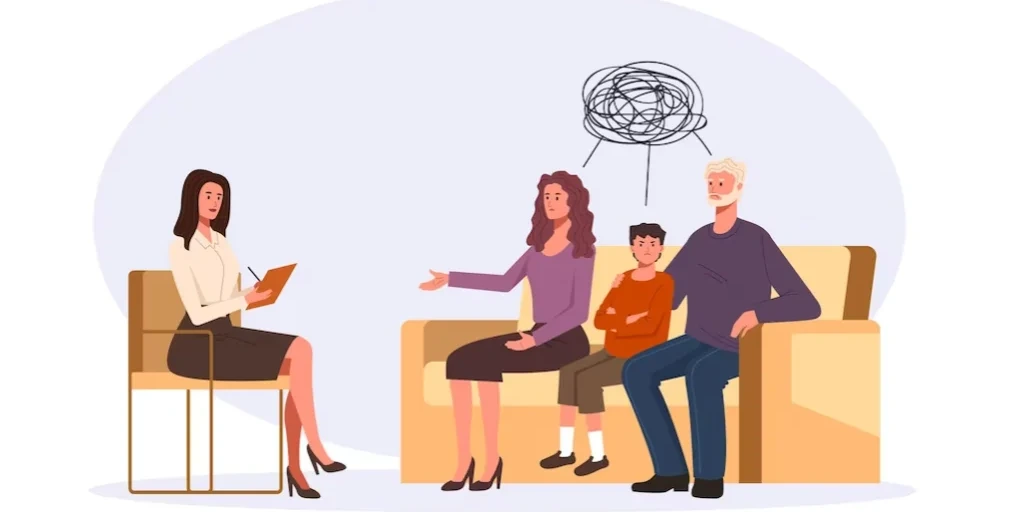24/7 Helpline:
(866) 899-221924/7 Helpline:
(866) 899-2219
Learn more about Opiate Detox centers in Dawson Springs
Opiate Detox in Other Cities

Other Insurance Options

Evernorth

Excellus

Lucent

Cigna

CareSource

Carleon

American Behavioral

Health Partners

Ceridian

Meritain

Multiplan

State Farm

AllWell

Anthem

Amerigroup

Premera

GEHA

Medical Mutual of Ohio

BHS | Behavioral Health Systems

MHNNet Behavioral Health



Spero Health – Madisonville
Spero Health – Madisonville is a private rehab located in Madisonville, Kentucky. Spero Health – Mad...

Volunteer Behavioral Health – Hiwassee Mental Health Center
Volunteer Behavioral Health - Hiwassee Mental Health Center is located in Madisonville, Tennessee. V...






































Pennyroyal Center
Pennyroyal Center is a private rehab located in Madisonville, Kentucky. Pennyroyal Center specialize...

Madison County Mental Health
Madison County Mental Health is a public rehab located in Madisonville, Texas. Madison County Mental...








































































































